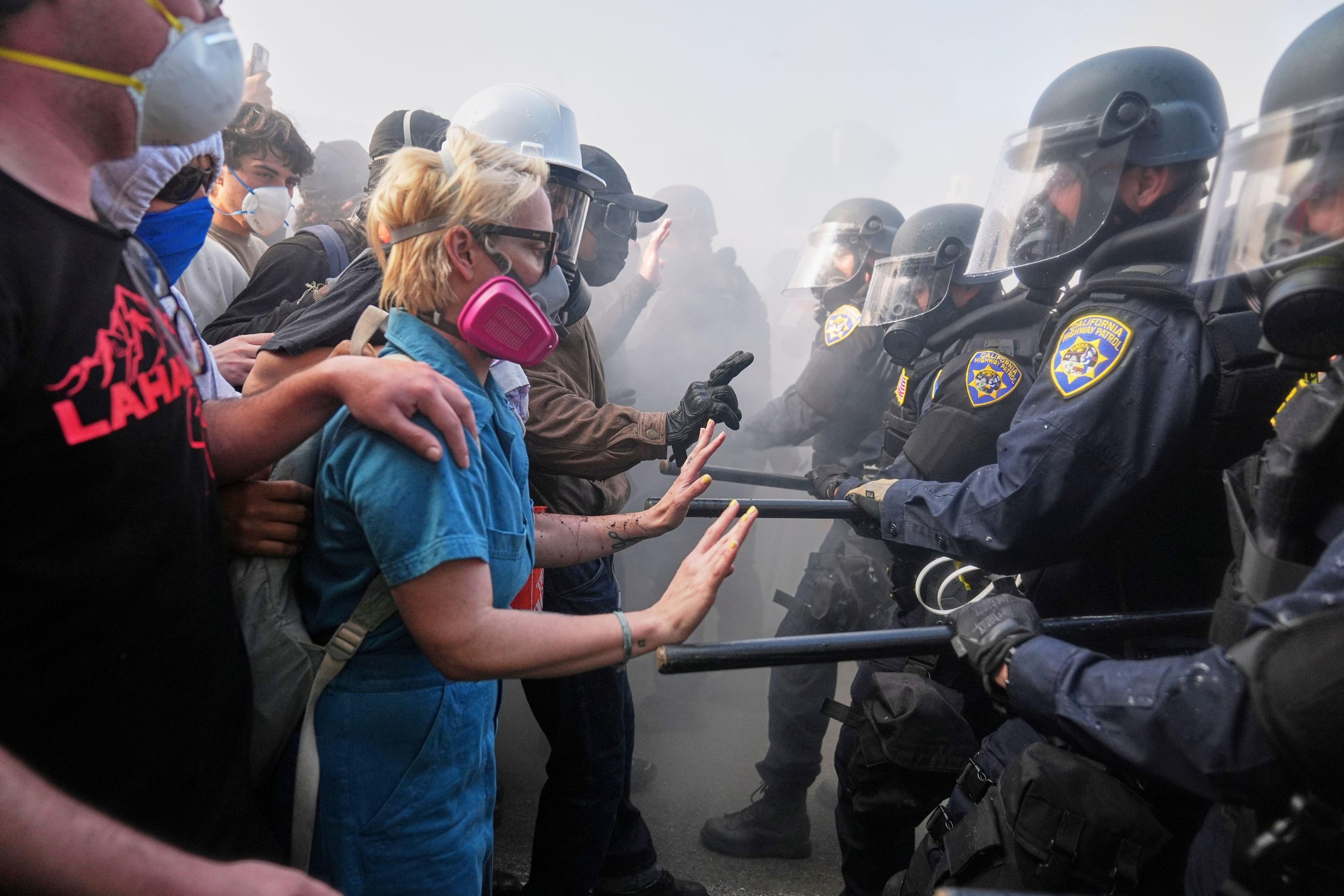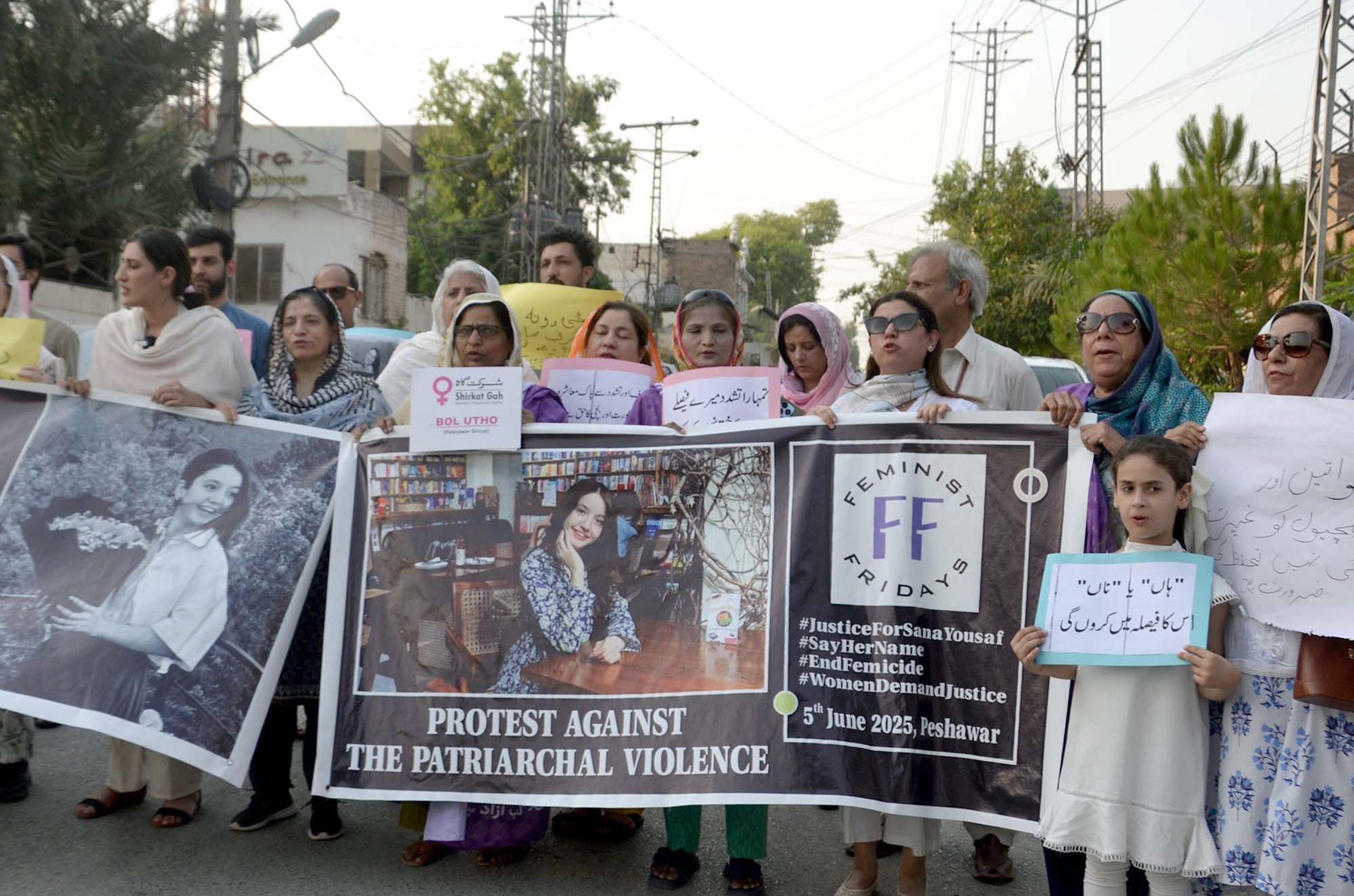Sometime before the end of the year, China Communist party will hold its 18th Congress, when the old batch of leaders will step aside for a new crop. Rumours are flying about what will happen then, from the almost certainty that Xi Jinping will become China’s next president to suggestions that the Politburo Standing Committee will be cut from nine members to seven, demoting the power of the Political and Legal Affairs Committee.
In the preceding months, censorship has, if anything, been tighter, with a particular focus on the players involved in the leadership change.
Dr Bo Zhiyue, who researches Chinese politics at the East Asian Institute of the National University of Singapore says: “The censors would delete any bad news about top leaders who are still in power or will be promoted.”
Back in June the censors cracked down an online references to Xi Jinping and his family shortly after Bloomberg published a report on the wealth of Xi’s family. Although the report did not implicate Xi directly it said that his family had assets in the billions of dollars.
This is to be expected. But how about after the leadership change?
Most commentators are not hopeful that Xi and the other new leaders will make things any easier on the censorship front.
Chinese political blogger Michael Anti believes that with the current government system it is very unlikely that things will change.
“Even the most ‘open-minded’ one, [the Communist Party Chief of Guangdong province] Wang Yang, will still support media censorship in Guangzhou,” he said. “So there will be no supporter of freedom speech among the top candidates.”
His pessimism is echoed by Andrew Nathan, professor of political science at Columbia University and a specialist in Chinese politics. “I don’t hold out hope that the current leadership is going to make any change in censorship policy,” he wrote in an email interview with Index.
But he adds that there lots of factors that will force them to make this censorship flexible:
Of course the challenges that they face are constantly evolving, so change is forced upon them. The internet and other social media are harder and harder to control. Smart propaganda people like they are, are going to keep finding ways to spin and doctor and frame the information that gets out. Sometimes this may include getting news out first in official media, or replacing blunt censorship with efforts to spin. But it doesn’t mean that the Party is lying down passively in front of an onslaught of free expression. And when it comes to topics that are deemed to be political threats — Tibet, Tiananmen, Falungong, multipartyism, certain issues in Party history, and things like that — then I see no prospect that the Party will change its policy of censorship and repression.
In an interesting aside, recent media reports suggest that Xi might take a softer stance on Tibet, which would include freedom of speech, partly because his father had a good relationship with Tibet’s exiled spiritual leader, the Dalai Lama.
Also, in a recent Reuters report, an unnamed source with leadership ties said that Xi will focus on solving the Tibet problem.
“Every generation of (Chinese) leaders must resolve problems left over from the previous generation,” the source said. “For Hu [Jintao], it was Taiwan. For Xi, it’s Tibet.”





